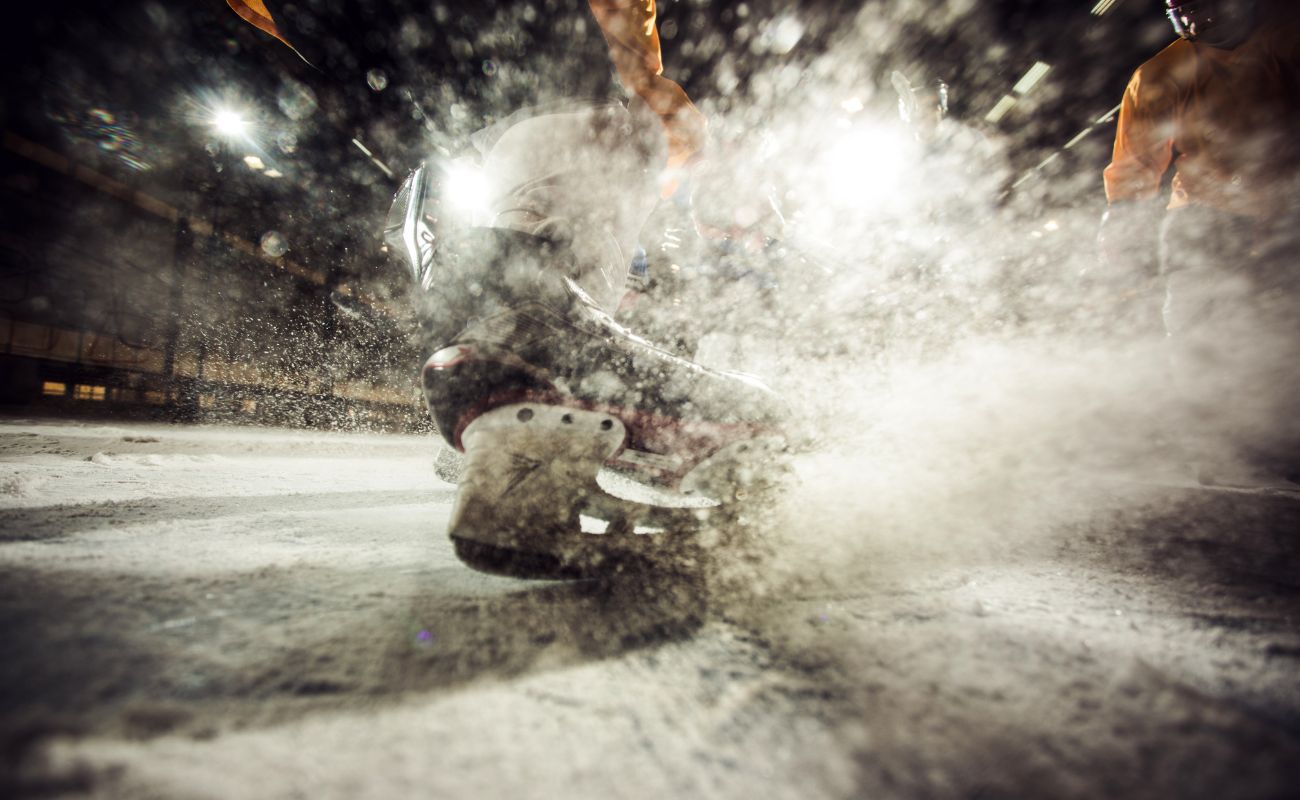Cut Resistance Hockey Gear
Understanding the Difference Between EN 388 and ANSI Cut Resistance Standards
When it comes to cut-resistant materials, understanding the standards that govern their ratings is crucial for ensuring safety. The two main standards globally recognized for evaluating cut resistance are the American National Standards Institute (ANSI) and the European Standard EN...
Comparing Different Cut-Resistant Materials and Levels in Hockey Gear
Hockey is an intense, high-contact sport, and the risk of injury is significant, particularly from sharp skate blades. The development of cut-resistant materials has been a game-changer in enhancing player safety. This blog will compare various cut-resistant materials used in...
Sustainable Practices in Hockey Gear Manufacturing
Sustainability has become a crucial focus in the manufacturing industry, and hockey gear is no exception. The gear manufacturing sector, traditionally known for its high resource consumption and waste generation, is now embracing sustainable practices to mitigate environmental impact. This...
Wrist Protection Gear for Youth Hockey
Wrist injuries are a common occurrence in hockey, stemming from the sport's physical demands and the repetitive motions involved in stickhandling, shooting, and checking. For young players, these injuries can range from minor sprains to severe fractures or ligament tears....
Youth hockey is an exhilarating sport that combines speed, skill, and teamwork. However, like any high-intensity sport, it carries inherent risks, particularly for young players who are still developing their skills and physical abilities. Ensuring the safety of youth hockey...
Hockey is a high-impact sport where protection and comfort are crucial, especially for vulnerable areas like the wrists. Choosing the right wrist guard can significantly enhance both safety and performance. Here are some key tips for selecting wrist guards that...








